Creatine for brain power? — More Than Just a Muscle Supplement
So recently, my husband has been attempting to get a high does of creatine in his daily supplement routine..
I say try because he is so forgetful it doesn’t always happen everyday. And he was only saying at dinner last night, how he can’t take it all in one drink as it gives him stomach ache. Interestingly, on my research journey, this was one side effect of taking high doses of creatine - stomach upset.
So with all the emerging research about creatine and brain power benefits, I felt compelled to look into this as perhaps we all need a bit of creatine loading in our lives do we not? As a mother of two, owner of two businesses and generally a person who seems incapable of sitting down to rest - the idea of a little more brain power sounds epic!
What is it?
Creatine is a naturally occurring compound made in the liver, kidneys, and pancreas from amino acids. It also comes from our diet, mainly from meat and fish. Once in the body, it’s stored as phosphocreatine — a key player in regenerating ATP, the main energy source for our muscles and brain cells.
Most people associate creatine with muscle-building or gym performance. But recent research shows it may also support brain function, cognitive performance, and recovery — especially during stress, fatigue, or aging.
Creatine and Brain Function: What the Latest Research Says
Creatine isn’t just for athletes. New studies are showing exciting results in cognitive health, too:
A 2024 meta-analysis
A review of 16 clinical trials found that creatine supplementation improved memory, processing speed, and attention — particularly in women, older adults, and people under stress.
(Source: PubMed - https://pubmed.ncbi.nlm.nih.gov/39070254/)
Sleep-deprived cognitive performance
A recent 2024 study found that a single high dose of creatine helped people under sleep deprivation maintain better cognitive performance and energy balance in the brain.
(Source: Nature Scientific Reports - https://www.nature.com/articles/s41598-024-54249-9)
Alzheimer’s pilot trial
A University of Kansas trial showed memory and executive function improvements in older adults with early Alzheimer’s, after 8 weeks of creatine use.
(Source: KU Medical Center - https://www.kumc.edu/about/news/news-archive/creatine-alzheimers-research.html)
How to Take Creatine Safely and Effectively
Daily maintenance dose:
3–5g per day of creatine monohydrate is the gold standard — supported by decades of safety data and research.
Optional loading phase:
Some prefer to begin with 20g per day (divided into 4 doses) for 5–7 days to saturate the body faster, then switch to a lower maintenance dose.
For cognitive support:
Most studies use consistent daily dosing over 2–8 weeks. Benefits are often more noticeable in individuals with higher mental or physical stress, sleep deprivation, or aging-related cognitive decline.
Other Health Benefits of Creatine
Creatine isn’t just good for the brain and muscles. Here are a few other potential benefits:
Helps maintain lean muscle mass during aging
May support bone health in combination with resistance exercise
Could aid recovery during chronic illness or inactivity
Being studied in neurodegenerative conditions like Parkinson’s and Alzheimer’s
Choosing the Right Creatine Supplement
When shopping for creatine, here’s what to look for:
Choose Creatine Monohydrate – the most studied, effective, and affordable form
Look for third-party testing (Informed-Sport, NSF, or UK certification)
Avoid unnecessary fillers, flavours, or gimmicky “gummy” versions
Stick to simple powders with clear dosing instructions
Is Creatine Safe?
For most healthy adults, creatine is very safe when taken at recommended doses. Side effects are rare but may include:
Mild water retention
Temporary bloating or digestive discomfort
Possible concern in those with pre-existing kidney disease — speak to your GP if unsure
My Take as a Health Professional
As someone who works with patients every day to improve musculoskeletal and overall function, I find the research around creatine really compelling — especially for brain health and recovery.
It’s one of the few supplements that’s both well-studied and widely tolerated, with growing evidence for benefits beyond the gym.
It won’t replace good sleep, regular movement, or a balanced diet — but it could offer meaningful support when taken consistently and correctly.
Final Thoughts
Creatine may have started in the gym — but it’s proving its worth in the clinic, the classroom, and even cognitive aging research.
If you’re interested in adding it to your routine, speak with a healthcare provider first — and always choose reputable, simple products.
References
Xu C, et al. Front Nutr. 2024. (https://pubmed.ncbi.nlm.nih.gov/39070254/)
Gordji-Nejad A, et al. Sci Rep. 2024. (https://www.nature.com/articles/s41598-024-54249-9)
KU Alzheimer’s Research Trial. (https://www.kumc.edu/about/news/news-archive/creatine-alzheimers-research.html)
Creatine in Aging. Oxford University Press Nutrition Reviews (https://academic.oup.com/nutritionreviews/advance-article/doi/10.1093/nutrit/nuaf135/8253584)




